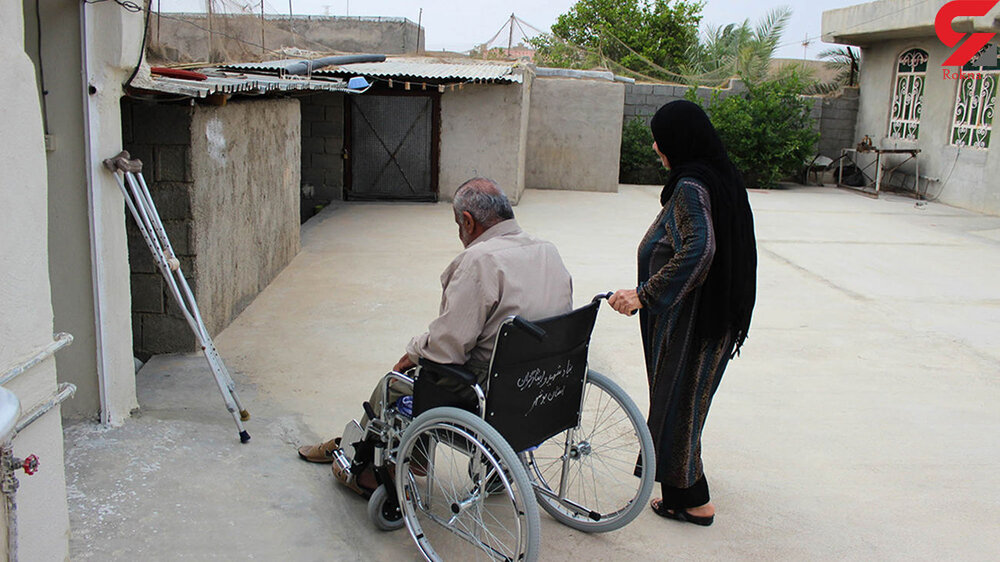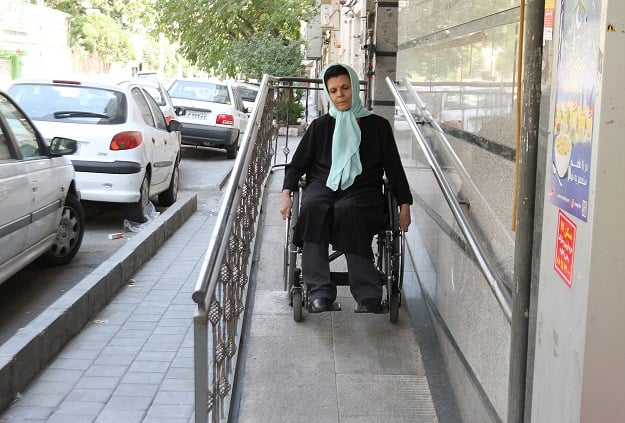
December 11, 2023
The role of Human Rights welfare society in terms of accessibility for disabled individuals is crucial.
Here are some ways such a society can contribute to improving accessibility:
Advocacy: Human Rights welfare societies can advocate for policies and legislation that promote and protect the rights of disabled persons in terms of accessibility. They can work with lawmakers, government agencies, and organizations to ensure that accessibility is a priority in urban planning, public infrastructure development, transportation systems, and building regulations.

- Awareness and Education: These societies can conduct awareness campaigns and educational initiatives to raise awareness about the importance of accessibility and disability rights. This can include organizing workshops, seminars, and public events that highlight the experiences and needs of disabled individuals.
- Collaboration: Human Rights welfare societies can collaborate with other organizations, including disability rights organizations, community groups, and businesses, to promote accessibility initiatives. By working together, they can pool resources, expertise, and networks to create more accessible environments and services.
- Accessibility Audits: These societies can carry out accessibility audits of public places, transportation systems, and buildings to identify barriers and deficiencies. The findings from these audits can be used to advocate for improvements and encourage compliance with accessibility standards and regulations.
- Policy Development: Human Rights welfare societies can engage in policy development and advocacy at local, regional, and national levels. They can work with government bodies and policymakers to draft and implement policies that ensure accessibility is integrated into all aspects of society. This can include having an input in the development of building codes, transportation policies, and regulations for public spaces.
- Capacity Building: These societies can provide training and resources to architects, designers, builders, and other professionals involved in creating and modifying public spaces. By enhancing their understanding of accessibility principles and best practices, they can contribute to the creation of more inclusive environments.
- Legal Support: Human Rights welfare societies can provide legal support and advice to disabled individuals who face discrimination or challenges related to accessibility. They can help individuals navigate legal processes and file complaints against institutions or individuals who violate their rights.
All Categories
- Agricultural Methods
- Agriculture and Women Small Farmers Rights Awareness
- Climate Change
- Disable and Human Rights
- Disable Jobs
- Donation
- Education
- Health Issues
- Organic Foods
- Organic Vegetables
- Orphans Children
- Plastic production and disposal
- Services
- Sinking in Scarcity
- Success Stories
- Uncategorized
- Waste Management
- Women Rights
- Youth Empowerment
Recent Posts
Muhammad bukhsh0 Comments
Chairperson of Senior Citizen Forum Sargodha, Recently Visited Sundus Foundation Thalassemia Center
Muhammad bukhsh0 Comments
Climate Change Communication: Fostering Public Awareness and Understanding
Muhammad bukhsh0 Comments




